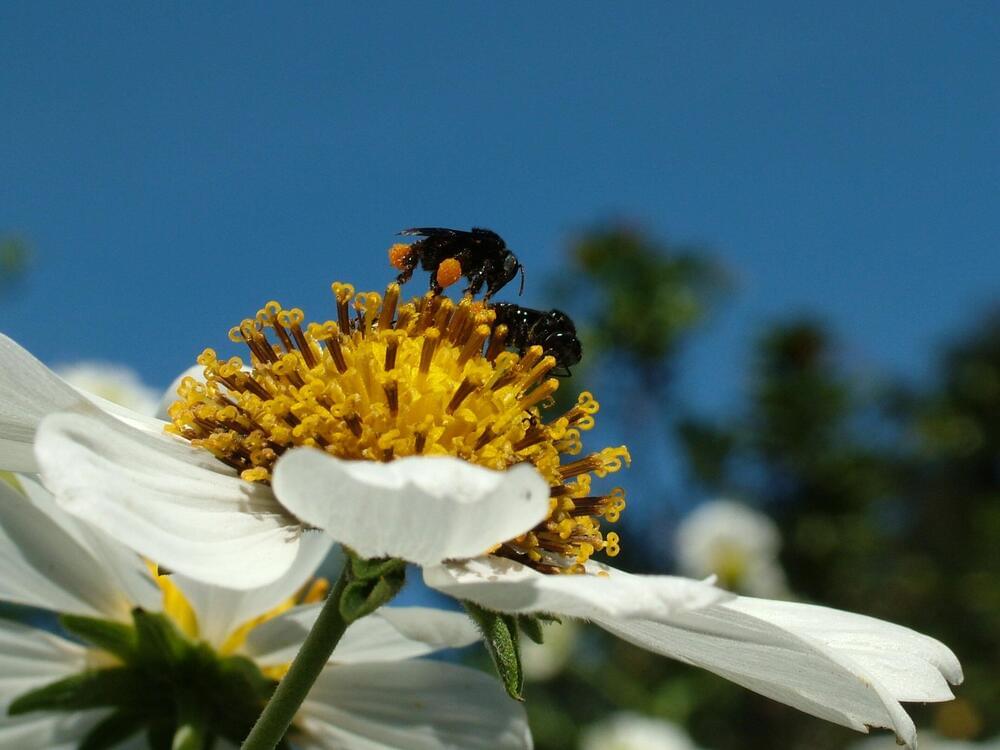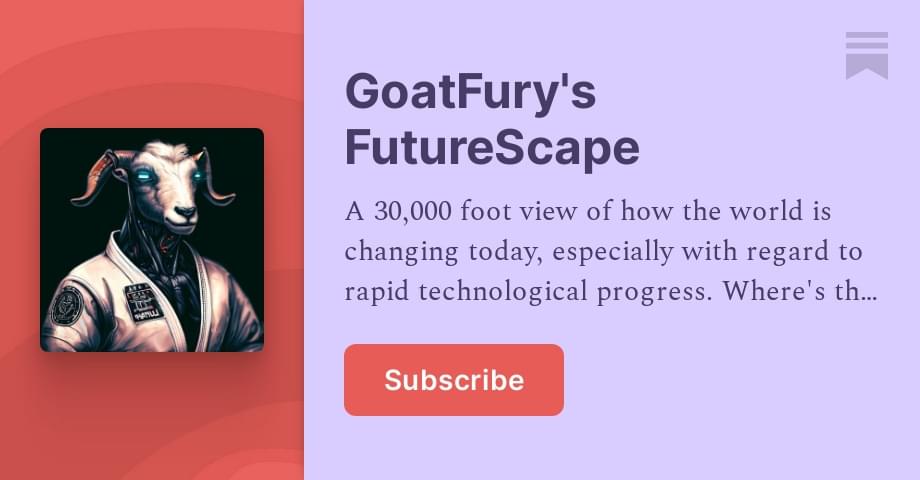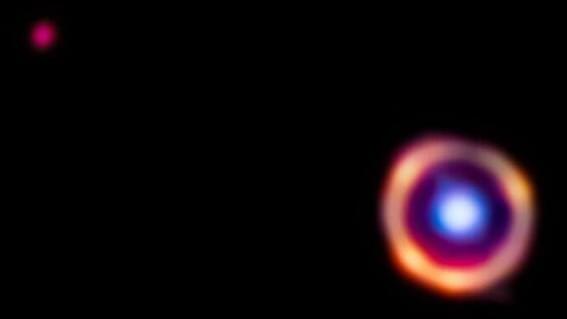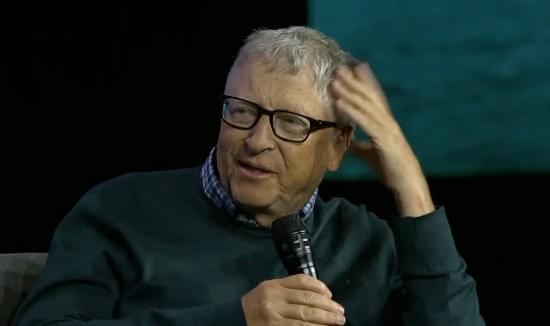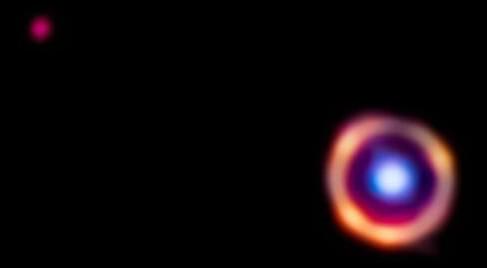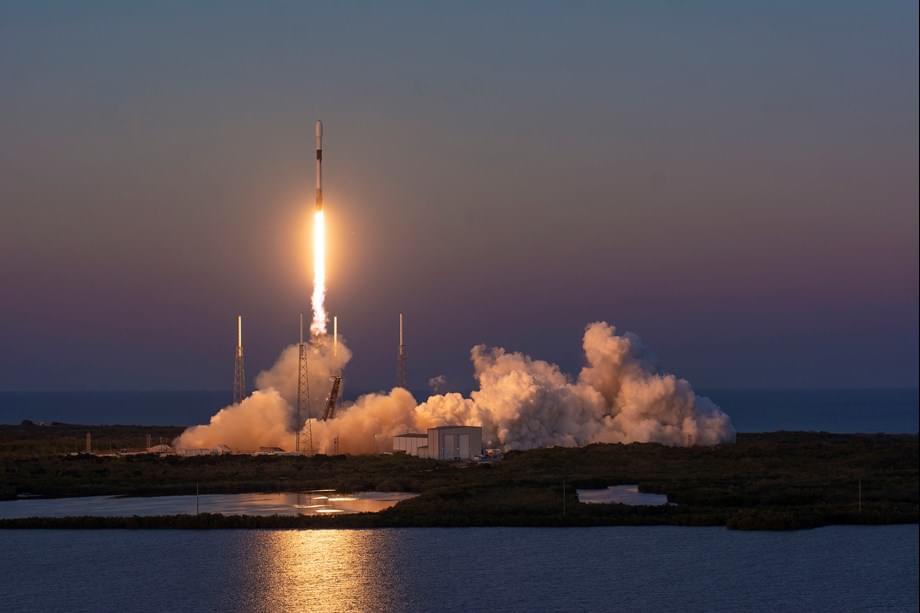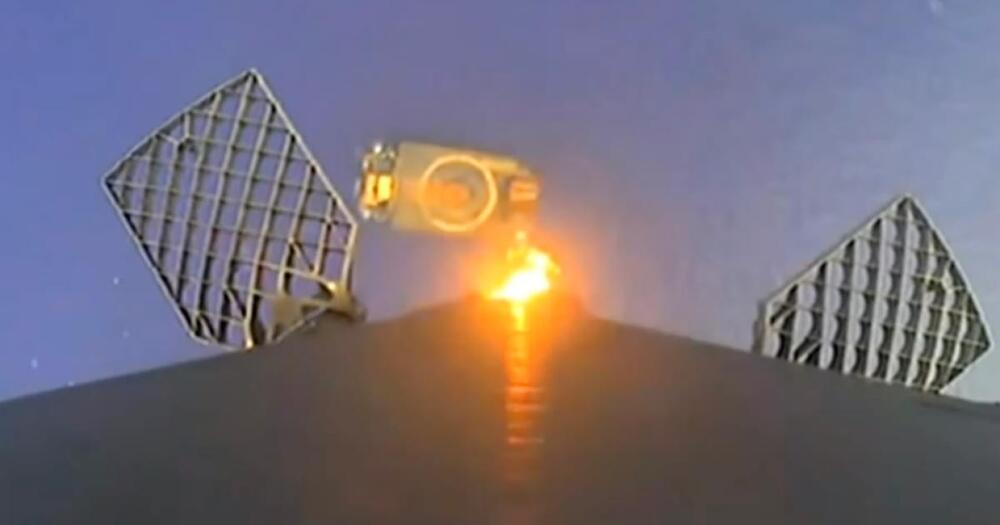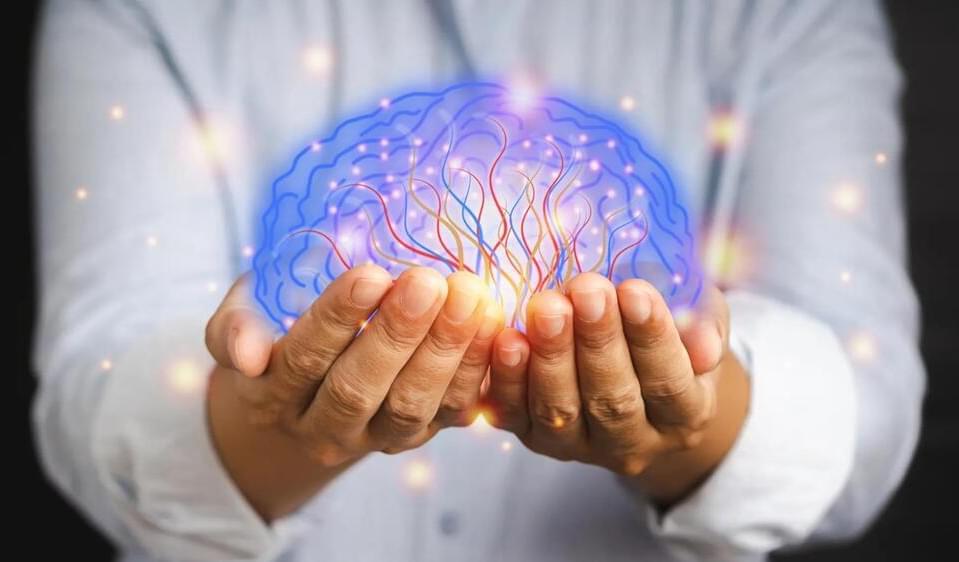Jun 5, 2023
Human factors affect bees’ communication, researchers find
Posted by Michael Taylor in categories: chemistry, climatology, habitats, neuroscience, sustainability
Human influences have the potential to reduce the effectivity of communication in bees, adding further stress to struggling colonies, according to new analysis.
Scientists at the University of Bristol studying honeybees, bumblebees and stingless bees found that variations in communication strategies are explained by differences in the habitats that bees inhabit and differences in the social lifestyle such colony size and nesting habits.
The findings, published today in PNAS, reveal that anthropogenic changes, such as habitat conversion, climate change and the use of agrochemicals, are altering the world bees occupy, and it is becoming increasingly clearer that this affects communication both directly and indirectly; for example, by affecting food source availability, social interactions among nestmates and their cognitive functions.
